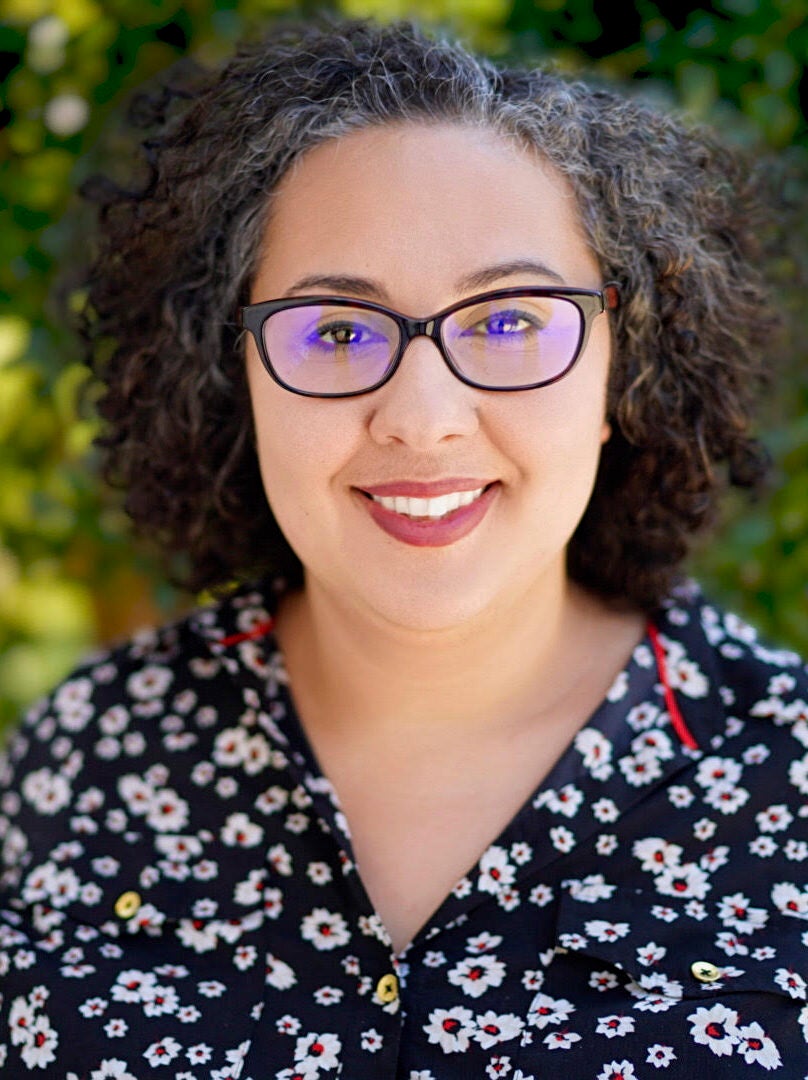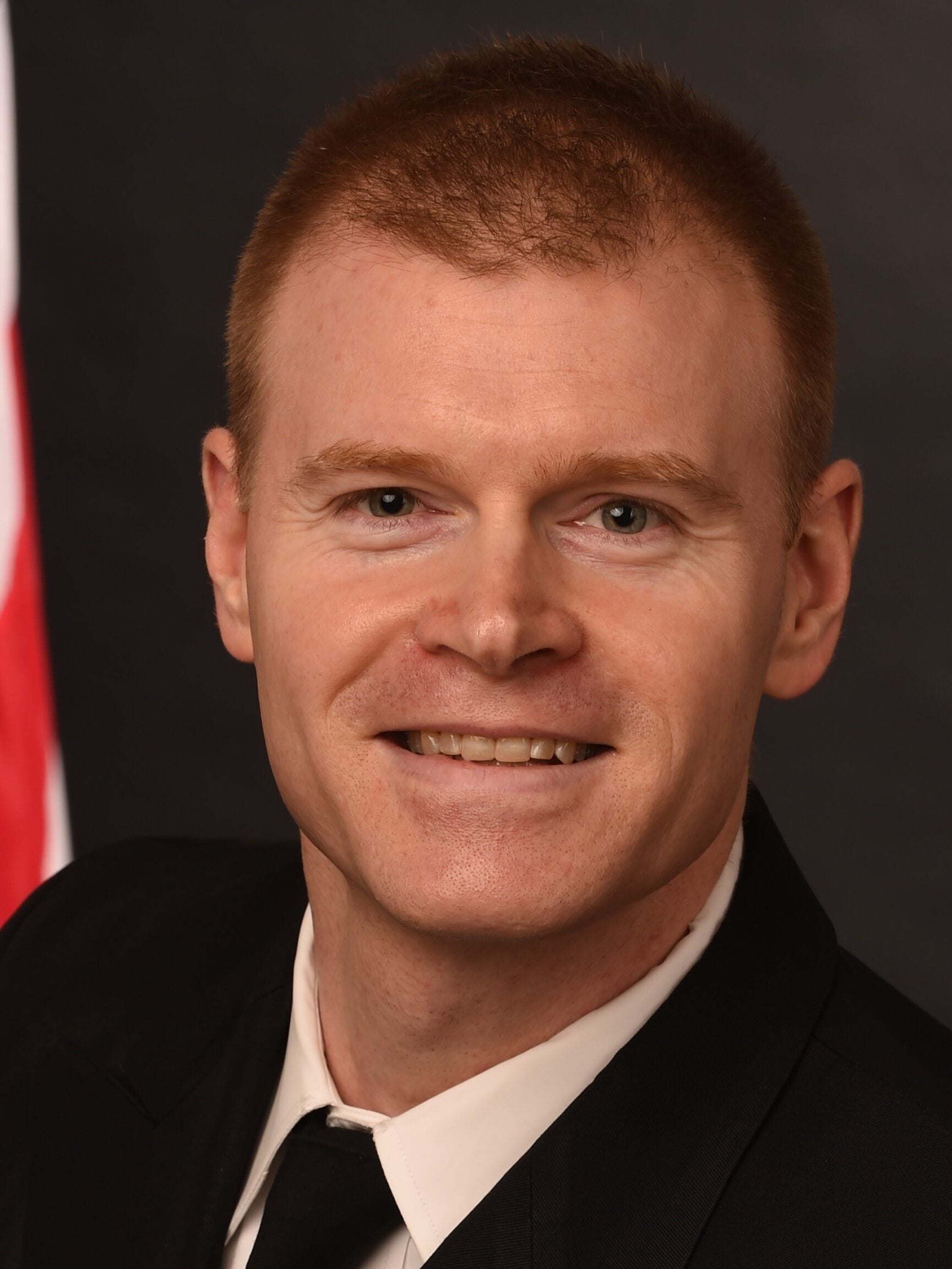Faculty & Staff

Regina LaBelle, J.D.
Integrative Seminar
Director, Addiction Policy & Practice Master Program
Director, Addiction & Public Policy at the O’Neill Institute for National and Global Health Law
Regina LaBelle has decades of public sector experience at the federal and local levels of government. A political appointee in both the Biden and Obama Administrations, Regina was appointed Deputy Director of the Office of National Drug Control Policy (ONDCP) and served as Acting Director of ONDCP from Inauguration Day until November 2021.
Ms. LaBelle works at the intersection of policy and law and directs the Center on Addiction and Public Policy at the O’Neill Institute for National and Global Health Law at Georgetown Law. There, she manages a project portfolio focused on effective addiction policies, reducing barriers to care for substance use disorder, public health approaches to drug policy, and promoting access to treatment and support recovery.
She served as legal counsel to the Mayor of Seattle from 2002 to 2009. At Seattle University, Ms. LaBelle was an adjunct professor and taught courses in policymaking and ethics.
Ms. LaBelle received her J.D. from Georgetown University Law Center and B.A. from Boston College.

Wilson Compton, M.D., M.P.E.
Foundations of Addiction I and II
Dr. Compton is the Deputy Director of NIDA. Prior to his current appointment, Dr. Compton served as the Director of NIDA’s Division of Epidemiology, Services and Prevention Research from 2002 until 2013. In this leadership role, he oversaw the scientific direction of a complex public health research program of national and international scope addressing: 1) the extent and spread of drugs of misuse, 2) how to prevent drug abuse, and 3) how to implement drug use prevention and treatment services as effectively as possible.
Dr. Wilson M. Compton serves as the Deputy Director of the National Institute on Drug Abuse (NIDA) of the National Institutes of Health. In his current role, Dr. Compton’s responsibilities include working with the Director to provide scientific leadership in the development, implementation, and management of NIDA’s research portfolio in order to improve the prevention and treatment of drug abuse and addiction.
Before joining NIDA, Dr. Compton was a tenured faculty member in the Department of Psychiatry and Director of the Master in Psychiatric Epidemiology Program at Washington University in Saint Louis, as well as Medical Director of Addiction Services at the Barnes-Jewish Hospital in Saint Louis. Dr. Compton received his undergraduate education from Amherst College. He attended medical school and completed his residency training in psychiatry at Washington University.

Emily Einstein, Ph.D.
Fundamentals of Neurobiology
Emily Einstein, PhD is Senior Director of Quality and Science at American Society of Addiction Medicine (ASAM), where she supports strategic priorities to improve addiction treatment quality and works on initiatives to improve the adoption of national standards in addiction medicine.
Prior to joining ASAM, Dr. Einstein was Chief of Science Policy at the National Institute on Drug Abuse (NIDA), where she led a team that: developed materials to communicate the science of addictive drugs and substance use disorders to members of the public, the scientific community, the media, and the government. Dr. Einstein was also an American Association for the Advancement of Science (AAAS) Science and Technology Policy Fellow in the Office of Autism Research Coordination at the National Institute of Mental Health (NIMH). Dr. Einstein completed her Ph.D. in neuroscience at Yale University, where her research was focused on the molecular and cellular mechanisms of opioid reward, and where she also served as coordinating graduate fellow of what is now the Poorvu Center for Teaching and Learning.

Brandon del Pozo, Ph.D., M.P.A., M.A.
Comparative Addiction Policy
Dr. del Pozo is an Assistant Professor of Medicine (Research), and Health Services, Policy and Practice (Research) at Brown University. He conducts NIH-funded research at the intersection of public health, public safety, and justice, focusing on substance use.
Prior to research, Dr. del Pozo served as a police officer for 23 years. Nineteen were spent in the New York City Police Department, where he started on patrol in East Flatbush, Brooklyn, and went on to command two patrol precincts. He also spent four years as Chief of Police of Burlington, Vermont, where he directed the city’s interdisciplinary response to the opioid crisis. It was associated with a substantial decrease in overdose death.
An elected member of the national Council on Criminal Justice, and a Law Enforcement Advancing Data and Science academic fellow at the National Institute of Justice, his popular writing has been featured in The New York Times, Washington Post, Boston Globe, Philadelphia Inquirer, Chicago Tribune, Vital City, CNN, and the New York Daily News.

Taleed El-Sabawi, J.D., Ph.D.
U.S. Addiction Policy
Dr. El-Sabawi is an interdisciplinary scholar, with a JD from the University of Texas School of Law and a PhD in Public Health, Health Services Management and Policy with a doctoral cognate in Political Science from the Ohio State University. Her area of expertise is in addiction and mental health policy, politics and law. Dr. El-Sabawi has studied and written extensively on legislative decision-making, interest group mobilization and narrative discourse surrounding opioid overdose deaths; addiction policy history, specifically as it relates to regulation of potentially habit-forming substances; and substance use disorder treatment financing parity. Recently, Dr. El-Sabawi co-authored a model law that creates non-police behavioral health crisis response teams and has been assisting grassroots advocacy groups in developing narrative strategies to garner political support for the reform of institutions that perpetuate racial violence. Dr. El-Sabawi is on the board of advisors of the North Carolina Urban Survivors Union, a chapter of the Urban Survivors Union, and frequently works alongside persons who use drugs advocating for policy reform. Dr. El-Sabawi is also an Associate Professor of Law at Wayne State University and a scholar with the Addiction and Public Policy Initiative at the O’Neill Institute.

Christopher Jones, Pharm.D., Dr.P.H., M.P.H.
Data and Statistics of Drug Policy
Christopher M. Jones, PharmD, DrPH, MPH (CAPT U.S. Public Health Service), is the director of the Center for Substance Abuse Prevention at SAMHSA. Prior to becoming Director of CSAP, CAPT Jones served as the director of the National Center for Injury Prevention and Control at the Centers for Disease Control and Prevention. In this role, he provided scientific leadership and overall management of the Center, including driving the Center’s strategic direction and advancing the Center’s priorities of preventing drug overdose, suicide, and adverse childhood experiences. As the Associate Director, he lead strategic planning efforts and the development of innovations across Injury Center programs and topics; lead a team of scientists and public health practitioners to advance innovative approaches to using data to inform prevention efforts, built partnerships to advance public health data and surveillance, and strengthened interagency and nongovernmental collaborations on injury and violence prevention. He also served as a senior scientist conducting epidemiological and policy research.

Amanda Latimore, Ph.D.
Social Epidemiology & Addiction
Amanda Latimore is a social epidemiologist and the founder and CEO of On the Shoulders of Giants Consulting, LLC, a research and technical assistance firm that emphasizes the interconnectedness of social, political, economic, and health ecosystems to advance sustainable individual and community wellbeing.
She formerly directed the American Institute for Research’s Center for Addiction Research and Effective Solutions (AIR CARES). There, she led a multidisciplinary team to conduct research, deliver education and technical assistance, engage communities, and translate research into action with the goal of preventing addiction and addressing the needs of those impacted by addiction. While at AIR, Dr. Latimore co-founded the People with Lived(-ing) Experience (PLER) Board, which creates opportunities for people with living experience to drive—not just participate in—research. Dr. Latimore continues to support PLER as it transitions to a stand-alone cooperative non-profit. Together, they have generated global interest and partnerships in a solidarity economy approach to research.
Dr. Latimore has also worked in the public sector, previously holding leadership roles with Baltimore City’s health department and Baltimore City’s behavioral health authority. There, she led data projects to inform decision-making and advocacy. Her expertise on municipal-level evaluations, performance-based initiatives, data linkages and dashboards, stakeholder engagement, capacity assessments, and rapid response to syndromic surveillance of overdose provides a practical backdrop for supporting public agencies, empowering communities, and leveraging data to make an impact on health at the local level.
Dr. Latimore received her Ph.D. in Epidemiology from the Johns Hopkins Bloomberg School of Public Health, where she currently holds a joint appointment.


Shelly Weizman, J.D.
Addiction and Mental Health Law and Policy
Shelly Weizman is the Associate Director of the Addiction and Public Policy Initiative at the O’Neill Institute for National and Global Health Law at Georgetown University Law Center. She works on a project portfolio focused on the overdose epidemic, addiction policies, barriers to treatment for substance use disorders, public health approaches to drug policies and how the law can promote access to treatment and support recovery. Weizman is an Adjunct Professor of Law at Georgetown and lectures extensively on the opioid crisis, mental health, human rights, health care finance and the role of government and advocacy in policy reform. She is on a team launching an interdisciplinary Master of Science in Addiction Policy & Practice at Georgetown and facilitates the Recovery Policy Collaborative, a national network of experts in health, human rights, and policy who have lived experience with addiction.
Prior to joining Georgetown, Weizman served as the Assistant Secretary for Mental Hygiene in the Office of the Governor of New York where she oversaw policy and operations related to addiction, mental health and disabilities. She previously served as Policy Director for Managed Care at the New York State Office of Mental Health, where she focused on developing and implementing systemic reforms within New York’s public mental health system. Weizman began her legal career as a civil rights attorney at MFY Legal Services, a not-for-profit legal services organization in New York City.
An accomplished attorney and policymaker, Weizman has worked in the field of behavioral health services, law and policy for 20 years as an attorney, advocate, service provider, state government official, and educator.
Weizman received her J.D. with a concentration in Health Law and Policy from Seton Hall University School of Law and her B.A. from the University of Houston.
Beth Connolly, MPA
Health Care Financing
Beth Connolly serves as Senior Principal at Winning Strategies Washington, a Washington, DC government relations firm where she works with clients in healthcare, behavioral health, and social services. She is recognized nationally and internationally for her expertise in behavioral health and has spent her entire professional career advancing evidence-based public health policy and practice.
Previously, Ms. Connolly served as a senior leader in the Biden-Harris White House Office of National Drug Control Policy, heading up the Office of Public Health and leading some of the most progressive advances in the history of behavioral health policy.
Earlier in her career Beth served as the Commissioner of the New Jersey Department of Human Services, the state’s largest cabinet agency, managing 15,000 employees and $19 billion in state and federal funds. Her work there included addressing health and behavioral healthcare,
housing, transportation, food insecurity, child welfare, and labor and employment. In addition, she has served in the non-profit sector overseeing the substance use prevention and treatment portfolio at the Pew Charitable Trusts. She has served as an adjunct instructor at Seton Hall University and Rutgers, the State University of New Jersey. Beth holds a bachelor’s degree in social work and master’s in public administration both from Seton Hall University.
